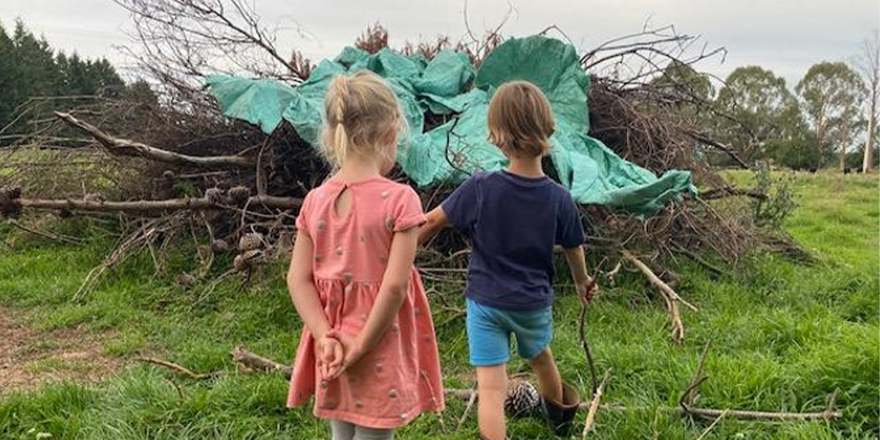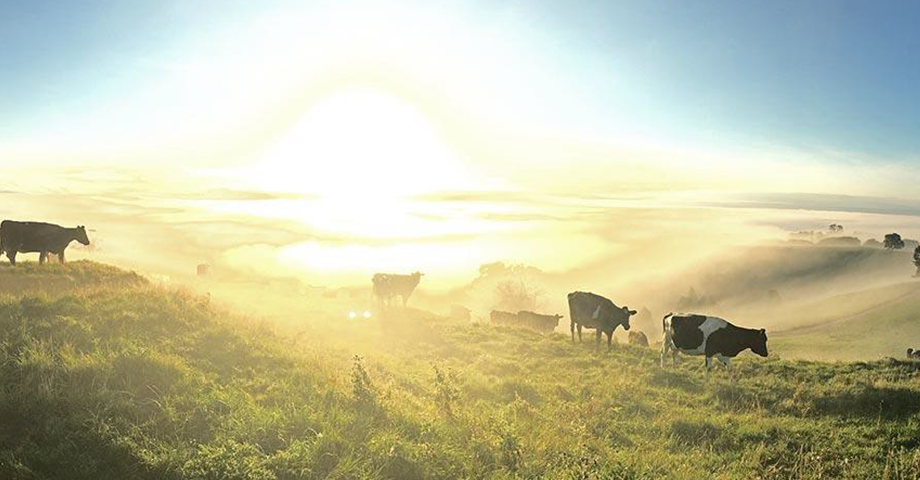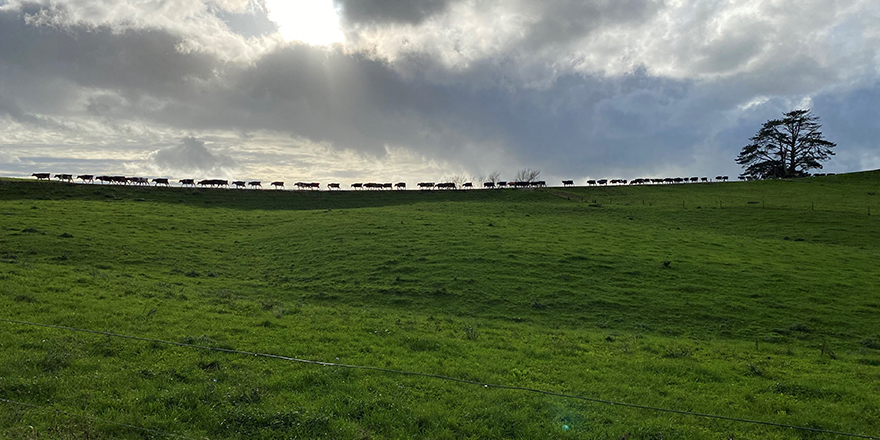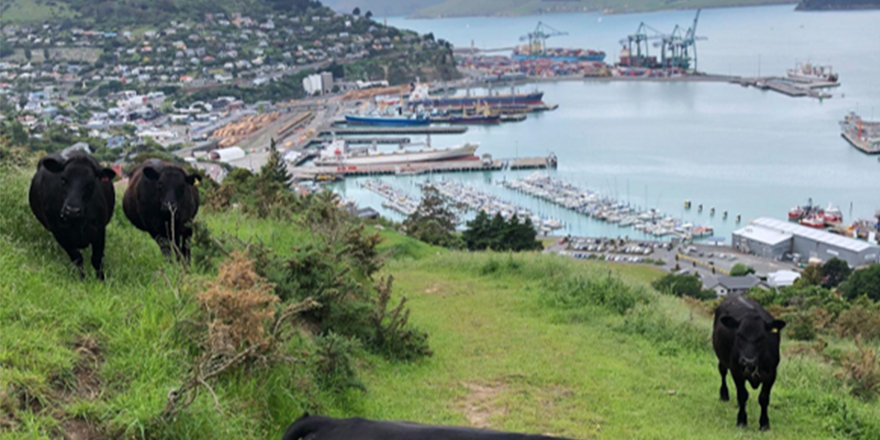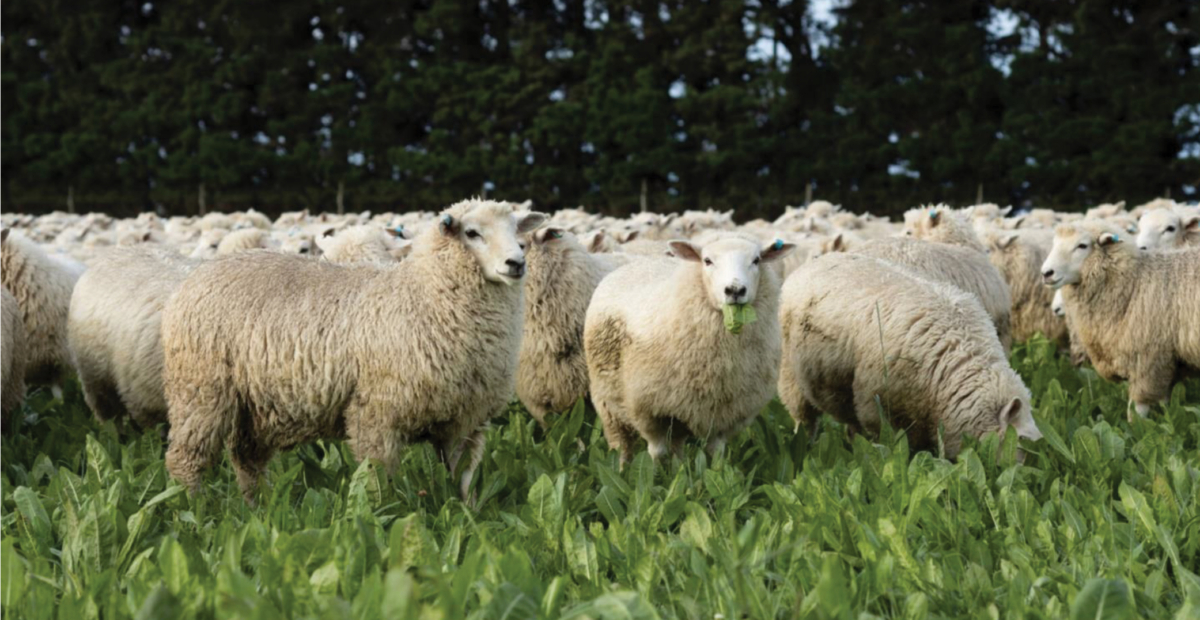
Executive summary
Disruption has become a constant condition of doing business. The businesses that are more likely to thrive are those that can not only respond by adapting to continuous change but also become the drivers of that change.
The landscape of farming in New Zealand is evolving. Previously it has relied on low-cost competitive advantage. This has been achieved by either increasing productivity or reducing costs, but it is now becoming more difficult to maintain this. Adding value to the lamb that we produce is seen as a way to adapt to this change and is seen as a pathway forward for lamb producers.
This report seeks to understand some of the existing lamb-selling strategies and the mindset of lamb producers. It then examines how to change from a supply chain strategy to a value chain strategy and what that means for the farmer.
A literature review was undertaken to further understand the research topic. Nineteen semi-structured interviews were undertaken with participants either connected to the Lumina Lamb programme or with a deep understanding of value chains.
Some lamb producers have the same selling strategy that they have always employed whilst others are naturally curious and seeking opportunities, to increase returns and build resilience which leads them to be attracted to a customer-led value chain. This relates fundamentally to a farmer’s mindset and the reason ‘why’. Which was driven by an understanding of the customer, the chef.
Lumina Farmers valued their connection with the chefs. The key to Lumina’s success today is based on communication and transparency of the whole value chain and the ability for farmers to be part of a producer group with similar values.
Farmers valued the connection with other like-minded farmers, the collaboration and opportunity to learn from each other, were powerful, motivating and encouraged farmers to join the Lumina programme. To enable this change, the use of incentives in areas that need behavioural change that benefit the whole value chain would be the biggest challenge for growth.
Recommendations
This report outlines recommendations for companies trying to transition from producing a commodity product to a premium product. Some of these findings will be directed at the Lumina programme, but the concept will have relevance to other sectors and programmes.
To achieve the organisation’s goals Lumina leaders, need to:
1. Actively seek to understand the farmer’s current selling strategy and their mindset.
When looking to bring new farmers into the Lumina programme, the initial focus of the discussion should be to get an understanding of the farmer’s existing selling policies and why their motivations for choosing that strategy. The transition to supplying a premium product could require a change in values and mindset by the farmer.
2. Connect the farmer to the Customer.
Build an attractive connection between Lumina farmers and their customer.
3. Utilise the power of the champions in the Lumina community.
Encourage interaction amongst the farmers of the group, express the benefits of collaboration, to build on the strength that the Programme already has.
Champion farmers as Lumina ambassadors, which will create an environment of excellence.
4. Develop a Road Map for farmers to understand the pathway into the Lumina programme.
Outline the different pathways on how to join the Lumina programme with clear systems in place that outline the requirements and identify the risks and opportunities. And expectations?
Matt Smith, Matthew

